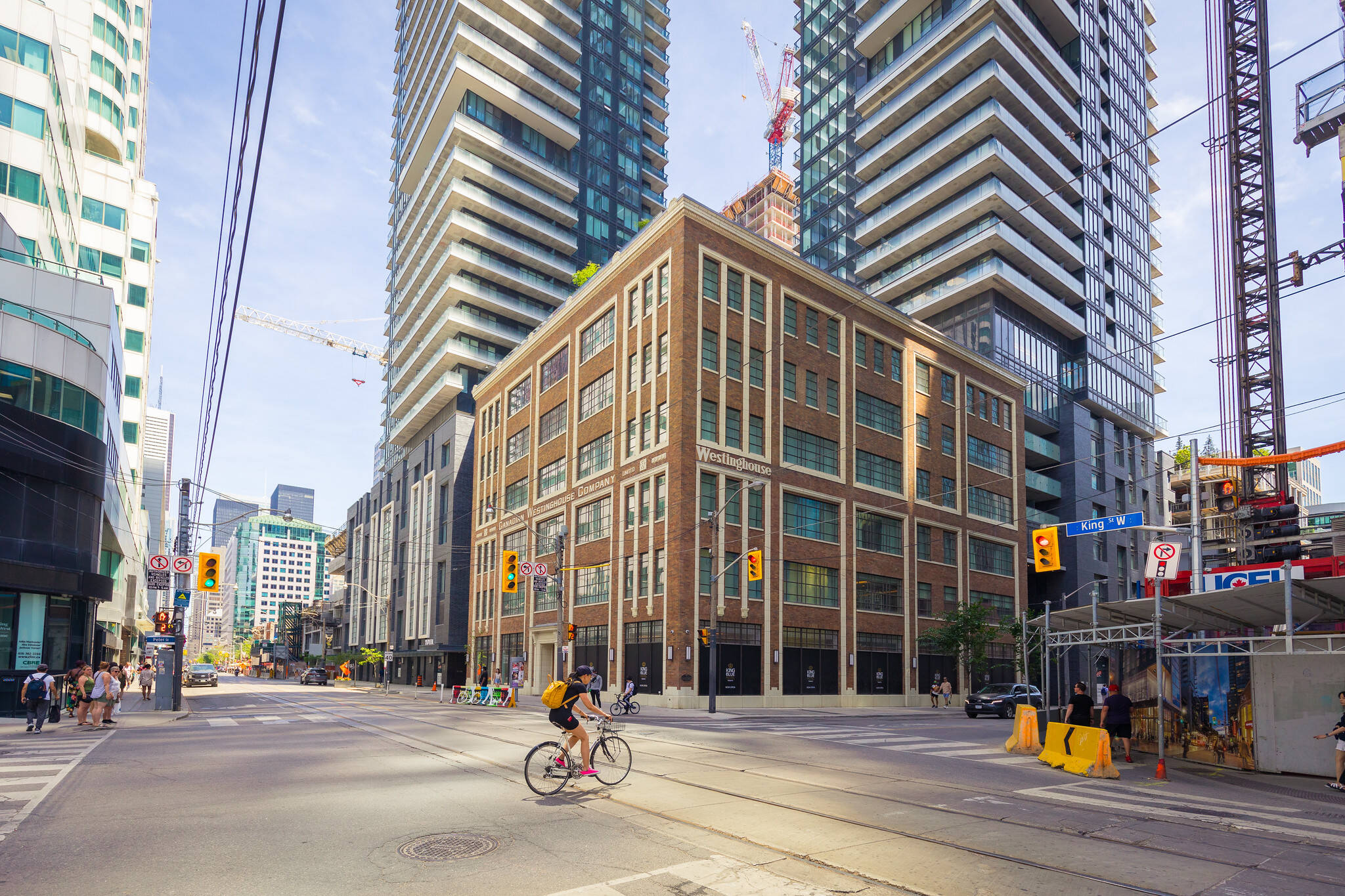
Ontario is doubling how much landlords can hike rent prices by in 2023
The closest thing Ontario has to actual widespread rent control is a cap on the maximum amount by which landlords can raise prices each year, but only in rental units created and occupied before November 15, 2018.
So, if you're lucky enough to have been living in the same apartment or condo for nearly four years, your rent (as of right now) can only go up by 1.2 per cent — the current rent increase guideline for 2022.
That's about to change, the provincial government announced on Wednesday, when the rent increase cap more than doubles at the beginning of next year, reaching 2.5 per cent.
But hey, it could have been worse: According to the Ford government, the cap would have been set at 5.3 per cent in 2023 if they'd followed the rate of inflation.
"Ontario's rent increase guideline for 2023 is 2.5 per cent, below current rates of inflation. The rent increase guideline is the maximum amount a landlord can increase rent during the year for most tenants without the approval of the Landlord and Tenant Board," reads a news release issued by the province today.
"The guideline is based on Ontario's Consumer Price Index, a measure of inflation calculated monthly by Statistics Canada using data that reflects economic conditions over the past year. Due to recent inflation, this would result in a 2023 guideline of 5.3 per cent, however the guideline is capped to help protect tenants from significant rent increases."
How benevolent.
The release specifies that this increase cap will only apply to some 1.4 million rental households covered by the Residential Tenancies Act.
"It does not apply to rental units occupied for the first time after November 15, 2018, vacant residential units, community housing, long-term care homes or commercial properties," reads the release.
"Rent increases are not automatic or mandatory. Landlords may only raise rent if they gave tenants at least 90 days' written notice using the correct form. In addition, at least 12 months must have passed since the first day of the tenancy or the last rent increase. If a tenant believes they have received an improper rent increase, they can apply to the Landlord and Tenant Board to request a correction."
Those in units not covered by Ontario's oft-criticized rent control guidelines aren't covered by these rules at all, so play nice with your landlord if you live in a newer building, and consider how long a place has been used as a rental property before you move in.
New builds might be nice, but they don't come with the same protections as a homes first occupied before 2018. If you can really consider them protections at all.
Latest Videos
Latest Videos
Join the conversation Load comments







